In no other college town than UC Santa Barbara’s are you able to walk dozens of steps from student housing, down a set of wooden stairs, and end up with your toes in the Pacific Ocean. This highly appealing aspect has its drawbacks, however. In no other college town are students fatally falling from the 30-foot bluffs on which these homes rest. And the bluffs retreat every winter during the onslaught of winter storms, sometimes rapidly, as on February 6 when the deck collapsed at a house thought to be 18-19 feet from the cliff’s edge. Local government is acknowledging the emergency and holding a meeting tonight with residents and the county.
“There needs to be a reevaluation of the cliff policies given the extent of climate change,” urged Mike DeLapa. His son attended UCSB and once lived on oceanside Del Playa Drive, where DeLapa was alarmed to view houses hanging over the cliff face. Not only is DeLapa a concerned UCSB father, but he’s also a climate activist. “There’s no way this is safe,” he said.
The rentals on the coveted oceanside of Del Playa Drive are next door to UCSB in what students call the “slum” of Isla Vista. The long narrow apartments facing the ocean feature massive decks, coastal views, and major prices, with multiple students sharing each bedroom.
In the past 20 years, 13 students have fallen to their death from the I.V. cliffs. The tumbles occur at night, despite the fences along the decks and parks. Sometimes college students are jumping from one deck to the other; others are under the influence, taking a pee, and take one too many steps. Most recently, 19-year-old Santa Barbara City College student Benny Schurmer was found at the base of the cliffs below 6743 Del Playa Drive in September 2023. It’s next door to where the deck fell apart at 6745 Del Playa Drive, prompting the evacuation of the four buildings grouped together at the spot.

The county estimates the current average rate of erosion to be six inches per year — the same number that was reported in the 1990s — but in a single collapse in 2017, 10 feet of the cliff melted away. As in the deck collapse last week, intense winter storms preceded the rapid erosion, storms that are projected to be a feature of the changing California climate. Luckily, neither of these incidents resulted in injuries.
Ahead of the early February storm, the Isla Vista Community Services District (IVCSD) — the college town’s local government agency — had sent I.V. voters a list of properties with past cliff failures or the potential for one. However, the four properties that were evacuated were not on this list; they housed more than 45 tenants.
The county building and safety department has monitored the cliffs and the 80 homes above them routinely for many years. Currently, for any property between 15 and 20 feet from the cliff’s edge, the county requests annual detailed geotechnical reports, and it requires them when a property gets to 15 feet of the cliff’s edge. For any property short of 10 feet, residents must vacate the building.
In 2022, a report on the structural integrity of 6745 Del Playa noted that the top 10-15 feet of sediment “of the bluff to the south of the property is potentially unstable.” Deck reinforcements were advised to retain the deck. The property owner, its managers, and the county did not reply before the Independent‘s deadline to questions whether any deck improvements had taken place.
The reports, conducted by independent engineers, document tests of the structural integrity of the homes in relation to the durability of the bluffs that support them. The county’s policy includes exceptions, which 12 oceanfront properties have been granted, as they have “site-specific deepened foundations,” said Craig Johnson of the Building and Safety Division. The beefier foundations on these properties allowed them to avoid making cutback plans as the cliffs wore away. About five of them are less than 10 feet from the cliff and have not been required to vacate the premises.
The condition of another dozen inhabited properties within 20 feet of the bluff’s edge is unknown as County Planning and Development was unable to provide the geotechnical reports for them.
As far as housing goes, Isla Vista and UCSB face the same crisis-level lack of units as the rest of southern Santa Barbara County. Property owners may rebuild on a lot that’s been vacated, but they must be 30 feet from the cliff. One example is a seven-bedroom steel-and-glass edifice on the west end of Isla Vista rebuilt in 2020, though it is now 19 feet from the edge with its oceanfront deck sitting much closer. Across the park from 6745 Del Playa is a vacated property that has applied to rebuild as a four-plex — with one apartment to be affordable — under the faster planning track of the builder’s remedy.
The roughly 80 homes on oceanside Del Playa Drive house hundreds if not thousands of students and families. While the cliffs have not yet fallen from beneath anyone’s feet, the question remains: As global temperatures and sea levels rise, how much will the coast’s rate of erosion be exacerbated?
Isla Vista has a timber seawall, first erected in 1992, above which 6745 Del Playa stands. While the County Board of Supervisors approved an additional 2,200 feet of seawall in 1998, the Coastal Commission determined that it was not in compliance with coastal regulations. Seawalls may be able to protect the bluffs directly behind them, the commission states, but it comes at the expense of beach erosion down-shore, as well as increased erosion to bluffs farther down the coast.

Some property owners lobby for higher fencing and bluff reinforcements, and others are concerned that these measures will compromise the coastal lifestyle and be a huge financial burden. County officials note that the effects of climate change will inevitably accelerate coastal erosion — increasing the probability of collapse — and “managed retreat” is viewed as one of the only realistic long-term solutions. The policy allows for the coast to erode at its natural rate, while strategically moving back and rebuilding as needed. Ultimately, the decision will lie with the county and the California Coastal Commission on what to do and when to do it.
Presently, to prevent more falls, both the County of Santa Barbara and Isla Vista Community Services District (IVCSD) are working to educate residents about cliff safety through online resources and door-to-door discussions.
“We need to have a community conversation about the future of oceanside DP,” said Spencer Brandt, a boardmember of the IVCSD. He alluded to the quantity of students per bedroom at many of the houses and the dangerous cliffs that tenants willingly accept in order to wake up beside the ocean. He also noted that it will continue to be necessary to physically move houses back from the cliffs.
The IVCSD will host Santa Barbara County’s Department of Planning and Development on Tuesday, February 13, at 6 p.m., to discuss Isla Vista safety measures and additional opportunities for collaboration. This meeting, at the Isla Vista Community Center (976 Embarcadero del Mar), is open to the public.
Premier Events
Wed, Dec 31
9:00 PM
Santa barbara
NEW YEAR’S Wildcat Lounge
Sat, Dec 27
7:00 PM
Santa Barbara
Schnack ‘n Bari Jazz Trio at Roy
Wed, Dec 31
6:15 PM
Santa Barbara
NYE 2026 with SB Comedy Hideaway!
Wed, Dec 31
9:00 PM
Santa barbara
NEW YEAR’S Wildcat Lounge
Wed, Dec 31
10:00 PM
Santa Barbara
In Session Between Us: Vol. I NYE x Alcazar
Wed, Dec 31
10:00 PM
Santa Barbara
NYE: Disco Cowgirls & Midnight Cowboys
Thu, Jan 01
7:00 AM
Solvang
Solvang Julefest
Thu, Jan 01
11:00 AM
Santa Barbara
Santa Barbara Polar Dip 2026
Sat, Jan 03
8:00 PM
Santa Barbara
No Simple Highway- SOhO!
Sun, Jan 04
7:00 AM
Solvang
Solvang Julefest
Thu, Jan 08
6:00 PM
Isla Vista
Legal Literacy for the Community
Wed, Dec 31 9:00 PM
Santa barbara
NEW YEAR’S Wildcat Lounge
Sat, Dec 27 7:00 PM
Santa Barbara
Schnack ‘n Bari Jazz Trio at Roy
Wed, Dec 31 6:15 PM
Santa Barbara
NYE 2026 with SB Comedy Hideaway!
Wed, Dec 31 9:00 PM
Santa barbara
NEW YEAR’S Wildcat Lounge
Wed, Dec 31 10:00 PM
Santa Barbara
In Session Between Us: Vol. I NYE x Alcazar
Wed, Dec 31 10:00 PM
Santa Barbara
NYE: Disco Cowgirls & Midnight Cowboys
Thu, Jan 01 7:00 AM
Solvang
Solvang Julefest
Thu, Jan 01 11:00 AM
Santa Barbara
Santa Barbara Polar Dip 2026
Sat, Jan 03 8:00 PM
Santa Barbara
No Simple Highway- SOhO!
Sun, Jan 04 7:00 AM
Solvang
Solvang Julefest
Thu, Jan 08 6:00 PM
Isla Vista

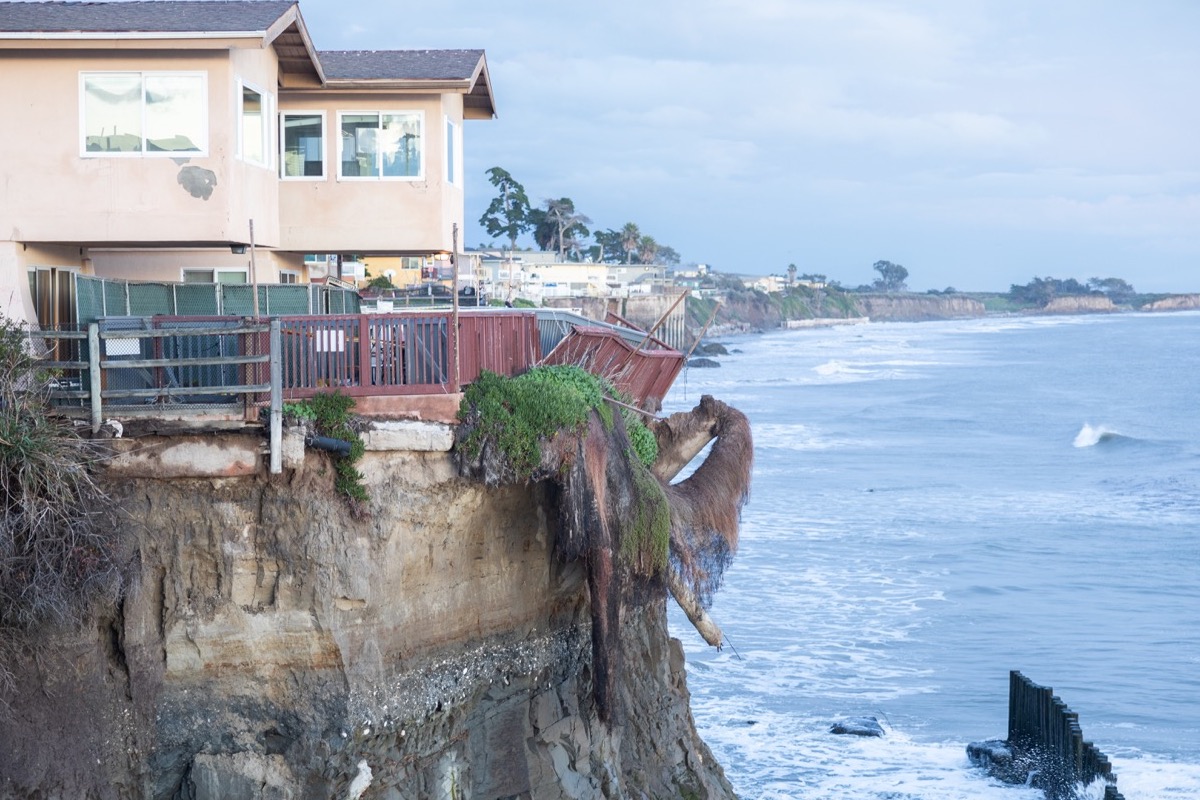
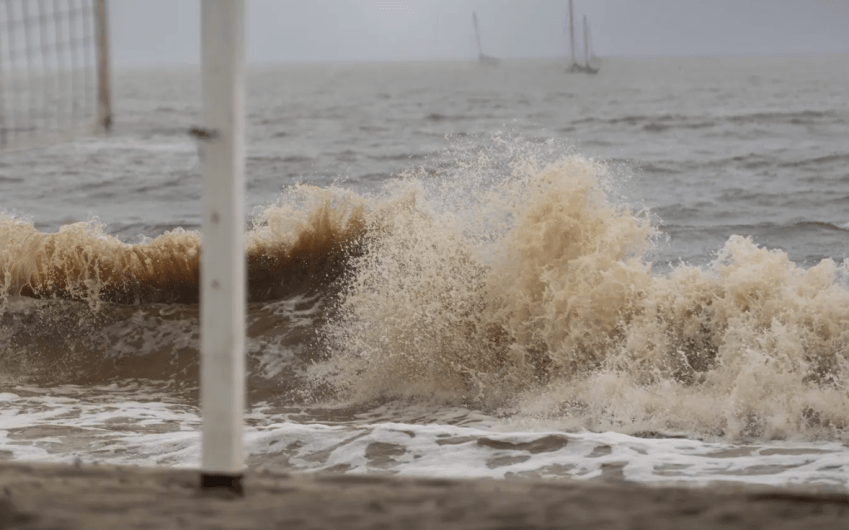
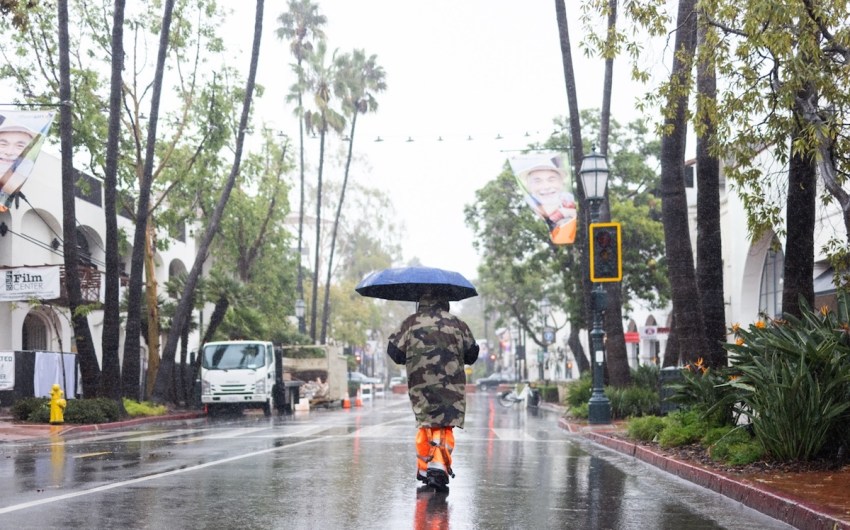
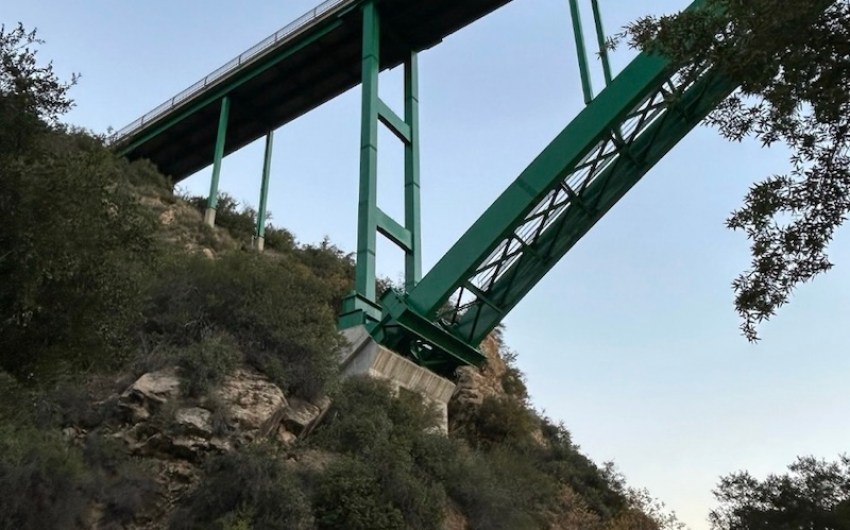
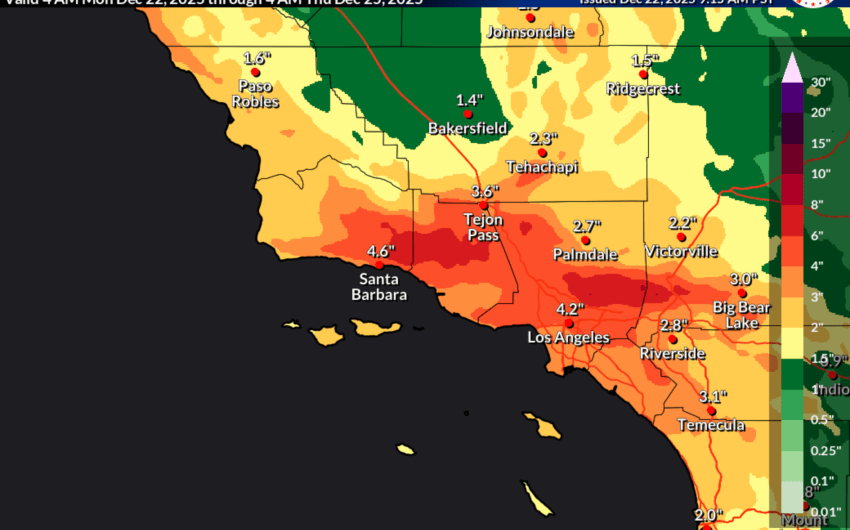


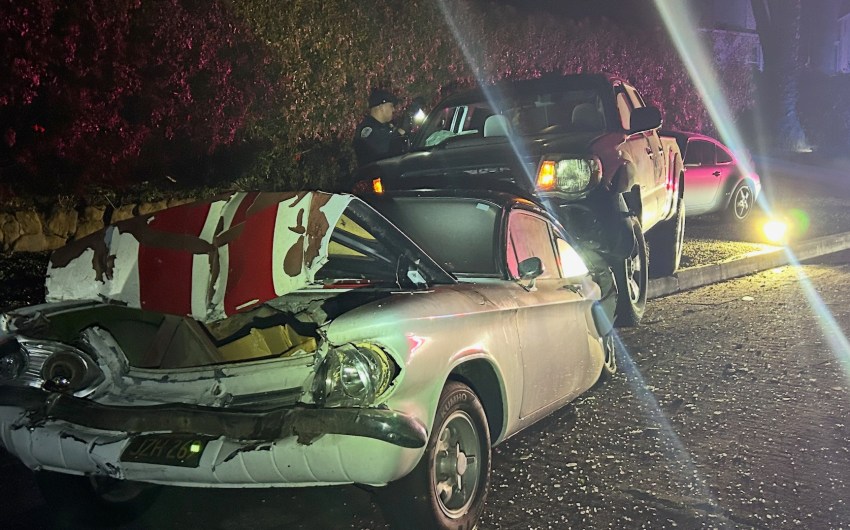
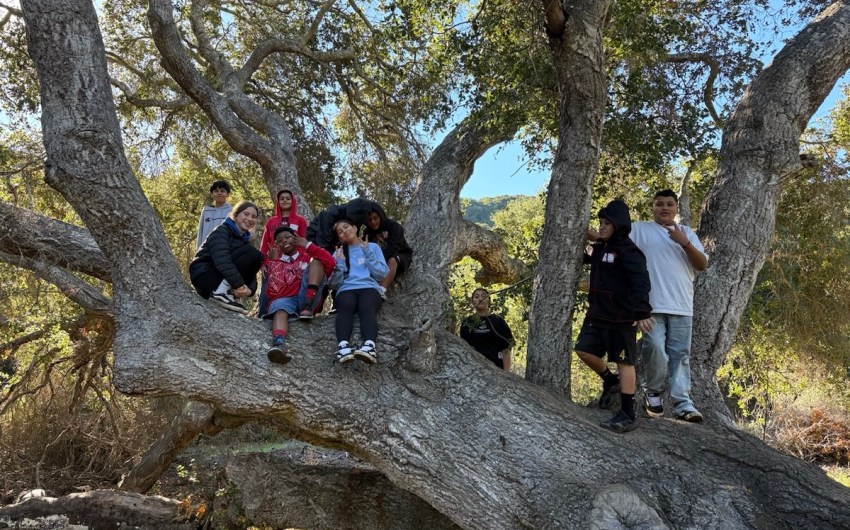










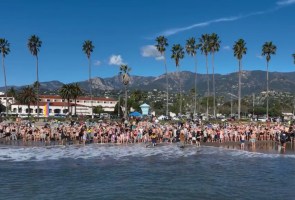


You must be logged in to post a comment.